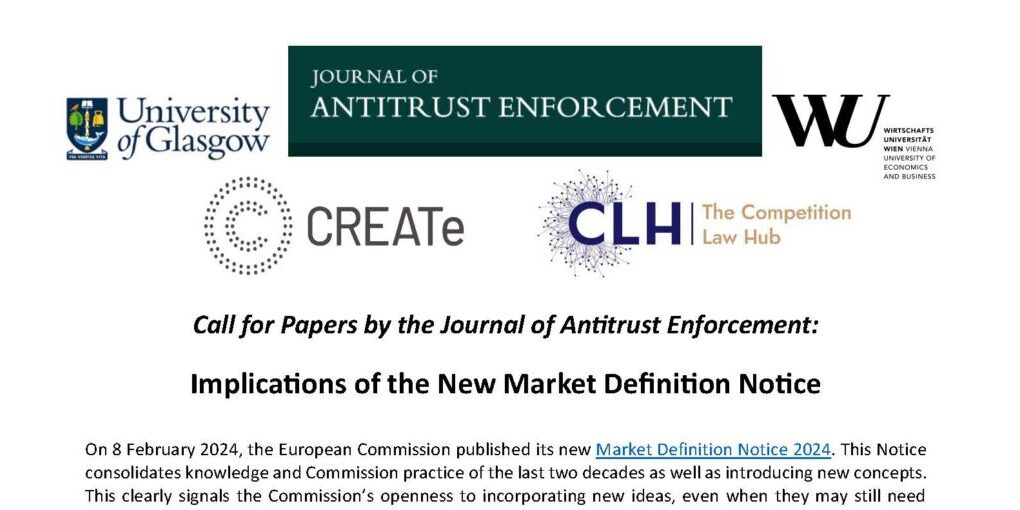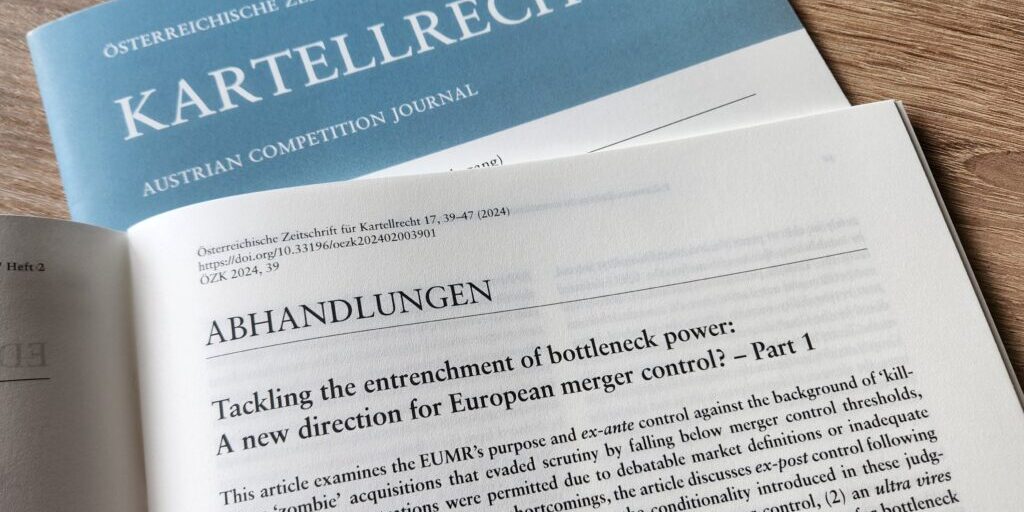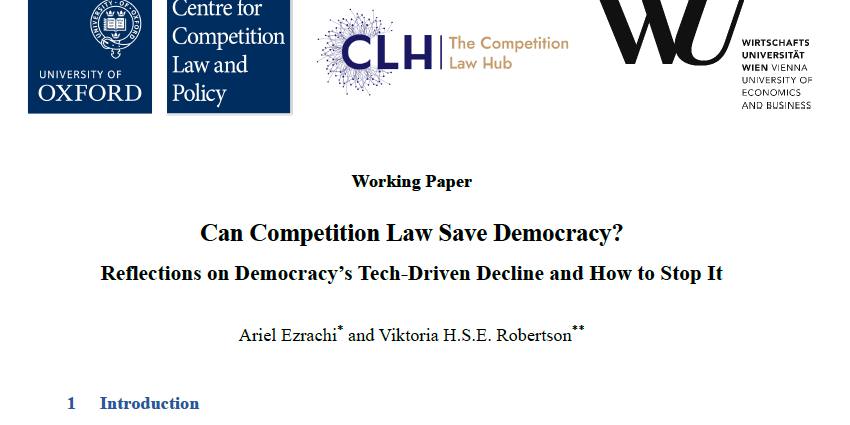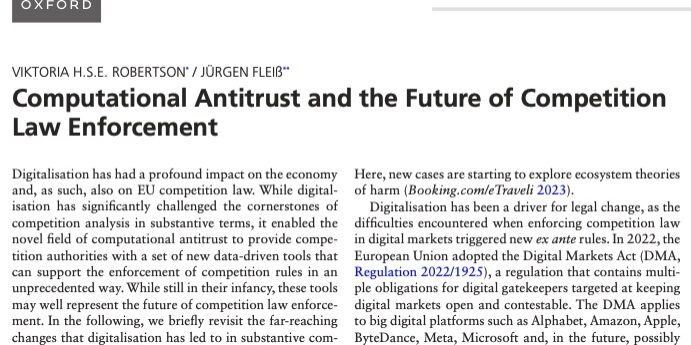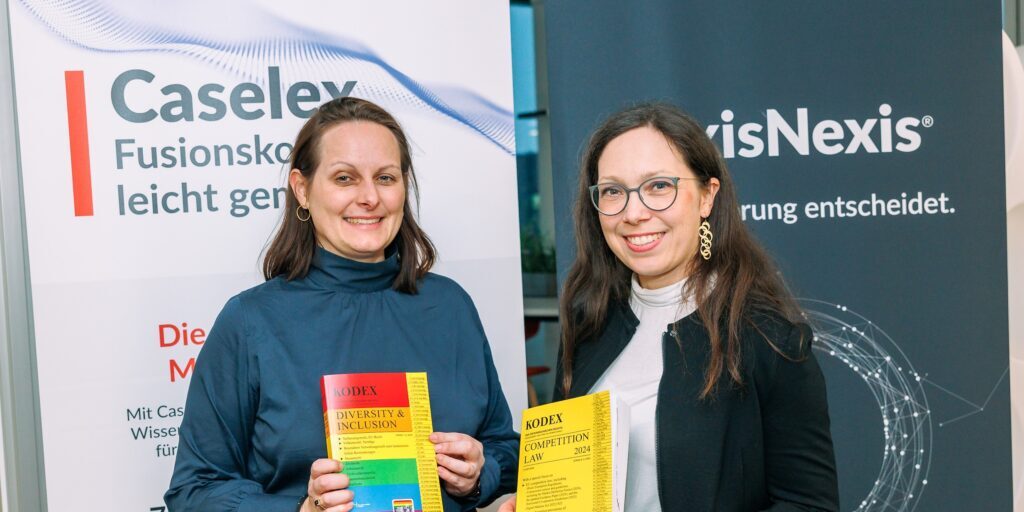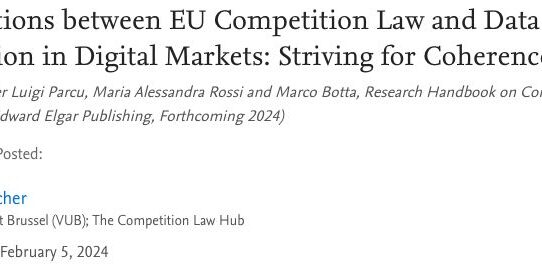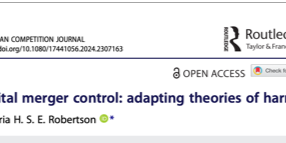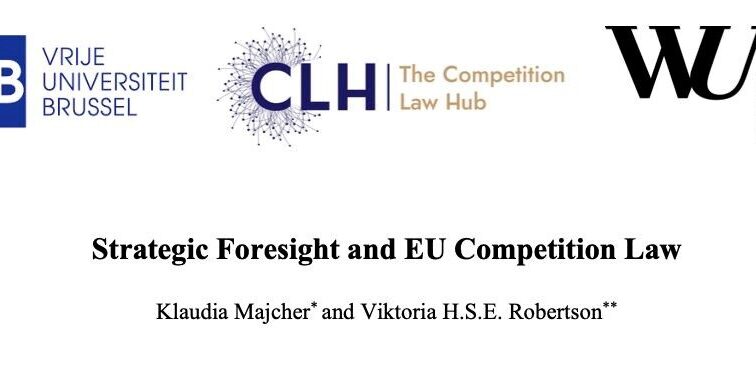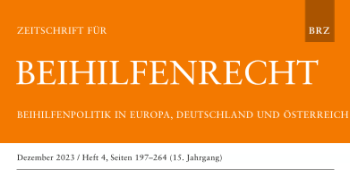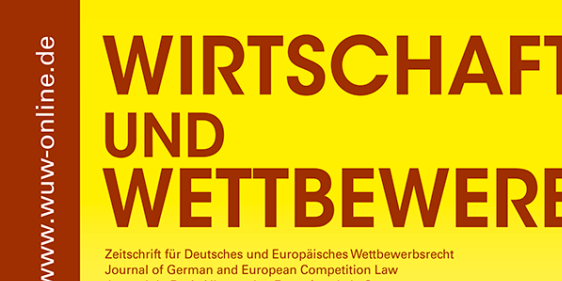The Journal of Antitrust Enforcement (Oxford University Press) is launching a call for papers for a Special Issue on the implications of the new Market Definition Notice (EU 2024) and the Merger Guidelines (US 2023), guest edited by Magali Eben and Vicky Robertson.
Topics include new approaches to market definition and how to rely on it, against the background of the recent Market Definition Notice and Merger Guidelines. Submissions in law as well as in economics are welcome!
Submit your abstracts with ideas for papers until 17 June 2024.
At The Competition Law Hub, we will host a workshop to discuss the draft papers on 20 November 2024 – stay tuned!
Find out more in the pdf below:
